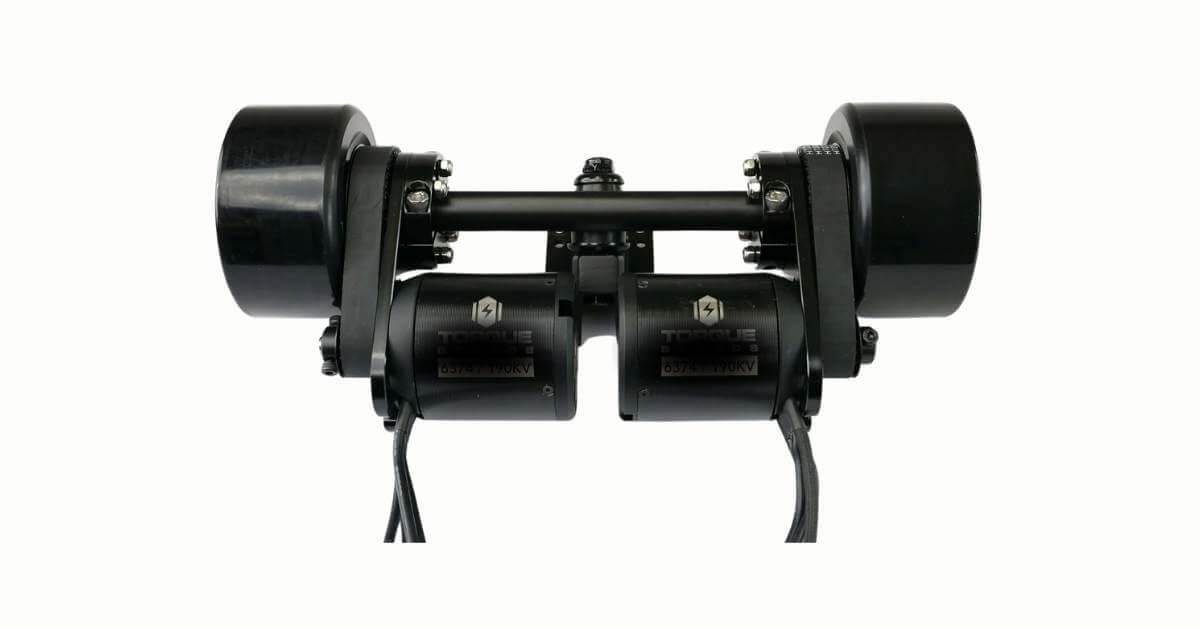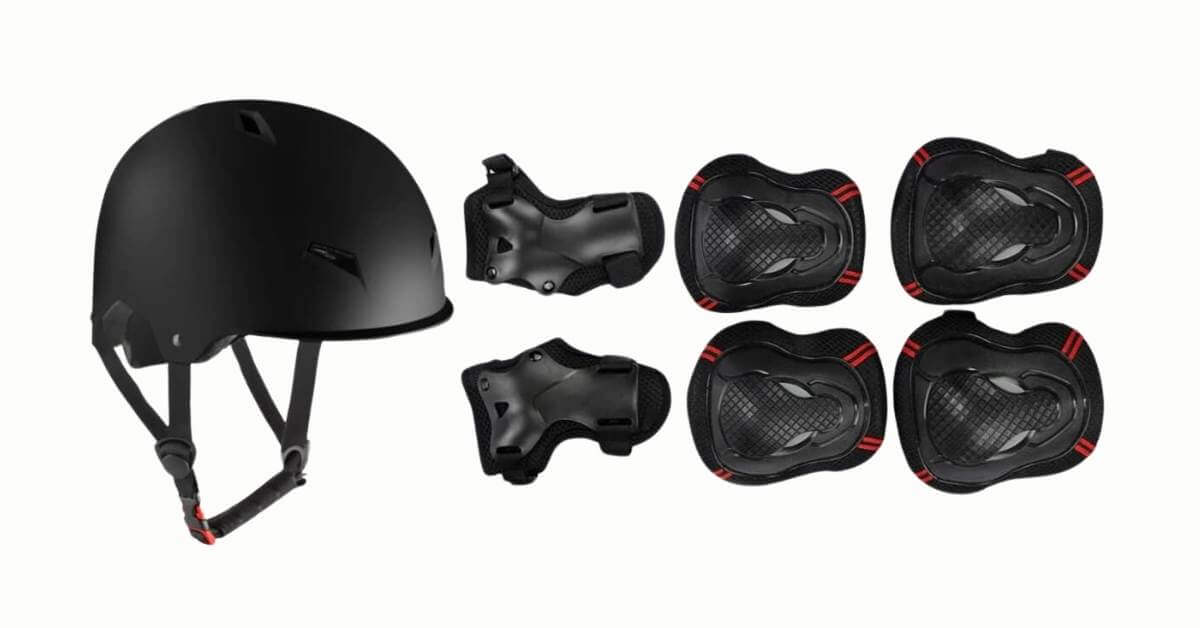No, an electric skateboard is not considered a motor vehicle. Electric skateboards are typically categorized as personal mobility devices rather than motor vehicles. These devices are designed for personal transportation and are not subject to the same regulations as motor vehicles.
Electric skateboards have gained popularity as a convenient and eco-friendly mode of transportation for short commutes. With technological advancements, electric skateboards offer an efficient and fun way to travel short distances.
I will explore electric skateboards’ features, benefits, considerations, and the regulations governing their use.
If you are a beginner or a seasoned rider, this guide will provide valuable insights into electric skateboarding.
Electric Skateboards and the Law: What You Need to Know
Electric skateboards are not legally classified as motor vehicles; regulations vary by location. Riders should check local laws to ensure compliance with safety guidelines and usage restrictions.
Electric skateboards are a popular mode of personal transportation, offering a fun and eco-friendly way to get around.
However, regarding legal considerations, it’s important to understand how electric skateboards are classified under the law.

Are Electric Skateboards Legal in Your State?
In many states, electric skateboards are considered motor vehicles, subject to the same regulations as traditional cars and motorcycles.
State Regulations can include laws regarding speed limits, age restrictions, and where electric skateboards can be ridden.
Some states may require riders to wear helmets and use hand signals when operating electric skateboards on public roads.
Federal Laws on Electric Skateboards: Are There Any?
From a Federal Perspective, the classification of electric skateboards can vary.
The US Department of Transportation may have guidelines that impact the use of electric skateboards.
It’s important to be aware of any federal regulations that could affect the legal status of electric skateboards, especially when using them in interstate transportation.
By understanding the state regulations and federal perspective surrounding electric skateboards.
So, Riders can ensure they comply with the law while enjoying this innovative mode of transportation.
Key Features That Set Electric Skateboards Apart from Motor Vehicles
Electric skateboards, despite their motorized function, are not considered motor vehicles due to their design and purpose.
The technical specifications of electric skateboards focus on battery power, motor capacity, and speed control mechanisms.
These factors differentiate them from traditional motor vehicles in terms of regulations and categorization.
1. How Motor Power Affects Legal Status
The motor power of an electric skateboard is measured in watts (W), which determines how much power the skateboard can generate.

For example, the higher the wattage, the more powerful the skateboard. Most electric skateboards have a motor power between 500W and 2000W.
However, the motor power of an electric skateboard can also affect its legal classification as a motor vehicle.
2. Speed Limits and Classification Rules
Electric skateboards can reach varying speeds, depending on their motor power and other technical specifications.
Most electric skateboards have a top speed of around 20 miles per hour (mph), although some can reach up to 30mph.
So, it is important to note that the speed capabilities of an electric skateboard can also affect its legal classification as a motor vehicle. Also, you can read how fast an electric skateboard is.
3. Battery Life and What It Means for You
The battery life of an electric skateboard is an important technical specification to consider. Most electric skateboards have a battery life of around 10 miles, although some can go up to 20 miles on a single charge.

So, it is important to consider how far you need to travel on your electric skateboard and ensure the battery life is sufficient for your needs.
4. Weight Limits and Safety Concerns
The weight capacity of an electric skateboard is another important technical specification to consider.
Most electric skateboards have a weight capacity of around 220 pounds, although some can support up to 300 pounds.
When choosing an electric skateboard, it is important to consider your weight and any additional weight from cargo.
Electric Skateboards vs Traditional Motor Vehicles: Key Differences
Electric skateboards and traditional motor vehicles differ in many ways.
Electric skateboards are smaller and more compact than traditional motor vehicles, making them easier to maneuver in tight spaces.
They are also much quieter and emit zero emissions, making them more environmentally friendly.
On the other hand, traditional motor vehicles are much larger and more powerful than electric skateboards.
For instance, they are designed to transport many people or goods and can travel much faster than electric skateboards.
Electric Skateboard Safety Laws and Gear Rules
Regarding electric skateboards, safety concerns and regulations are crucial aspects that riders and authorities must consider.

For instance, understanding the safety gear requirements and regulatory compliance can help ensure a safer riding experience and adherence to the law.
1. Must-Have Safety Gear for E-Skateboard Riders
Wearing the appropriate safety gear is essential when using an electric skateboard. This includes a certified helmet, knee and elbow pads, and wrist guards.
These protective items can significantly reduce the risk of injury in a fall or collision.
Local Laws and Rules You Should Follow
Compliance with local regulations and laws is vital for electric skateboard riders. However, different regions may have specific requirements regarding the use of electric skateboards, including age restrictions, speed limits, and where they can be ridden.
Also, Understanding and adhering to these regulations can help ensure a safe and legal riding experience. Also, you should watch Stay Safe When Riding An Electric Skateboard.
Are Electric Skateboards Eco-Friendly?
An electric skateboard is considered a motor vehicle due to its use of an electric motor for propulsion. However, its environmental impact sets it apart from traditional gas-powered vehicles.

Sustainability and Recyclability Benefits
- Renewable Energy: Charging electric skateboards with renewable energy sources reduces the carbon footprint.
- Longevity: Durable materials increase the lifespan of electric skateboards, promoting sustainability.
- Recyclability: Components of electric skateboards are often recyclable, minimizing waste.
Frequently Asked Questions
What Is An Electric Skateboard Classified As?
An electric skateboard is classified as a personal electric vehicle. It is a motorized skateboard that is powered by an electric motor.
Does An Electric Skateboard Have A Motor?
Yes, an electric skateboard has a motor that powers it for movement. So, the motor is usually located on the wheels or the board itself.
Can You Ride An Electric Skateboard On The Road In Florida?
Yes, you can ride an electric skateboard on Florida roads. However, you must follow all traffic laws and regulations.
Do I need a license to ride an electric skateboard?
1. Do I need a license to ride an electric skateboard?
In most places, you don’t need a driver’s license to ride an electric skateboard. However, some states or countries may require one if the board exceeds certain speed or power limits. Always check your local laws.
Can I ride an electric skateboard on the sidewalk?
This depends on your location. In some areas, riding on sidewalks is illegal, while in others it’s allowed with caution. Many cities restrict e-vehicles to bike lanes or roads.
Are electric skateboards allowed on public transport?
Rules vary by region and transit system. Some buses or trains allow folded or carried boards, while others may restrict battery-powered devices due to safety concerns. Always contact your local transit authority.
Do electric skateboards need insurance?
In most places, insurance is not required for personal use on private property or low-speed public riding. However, some jurisdictions may require liability insurance for high-powered boards used on roads.
Are there age limits for riding electric skateboards?
Yes, many areas have minimum age requirements, usually between 12–16 years. Some states also require adult supervision or restrict powerful boards to older riders.
Can police fine you for using an electric skateboard?
Yes, if you violate local laws, like riding in restricted areas, not wearing a helmet, or speeding, police can issue fines or warnings. In some cities, the boards may even be confiscated.
Is it legal to modify an electric skateboard for more speed?
Modifying your board can be risky. In many places, doing so may make it illegal to ride on public roads if the speed or power exceeds legal limits. It could also void your warranty.
Executive Summary
Ultimately, classifying an electric skateboard as a motor vehicle depends on local regulations.
So, riders must follow the rules for safety and legal compliance. Understanding the distinction is crucial for a smooth and enjoyable riding experience.
Stay informed and ride responsibly on your electric skateboard.
















